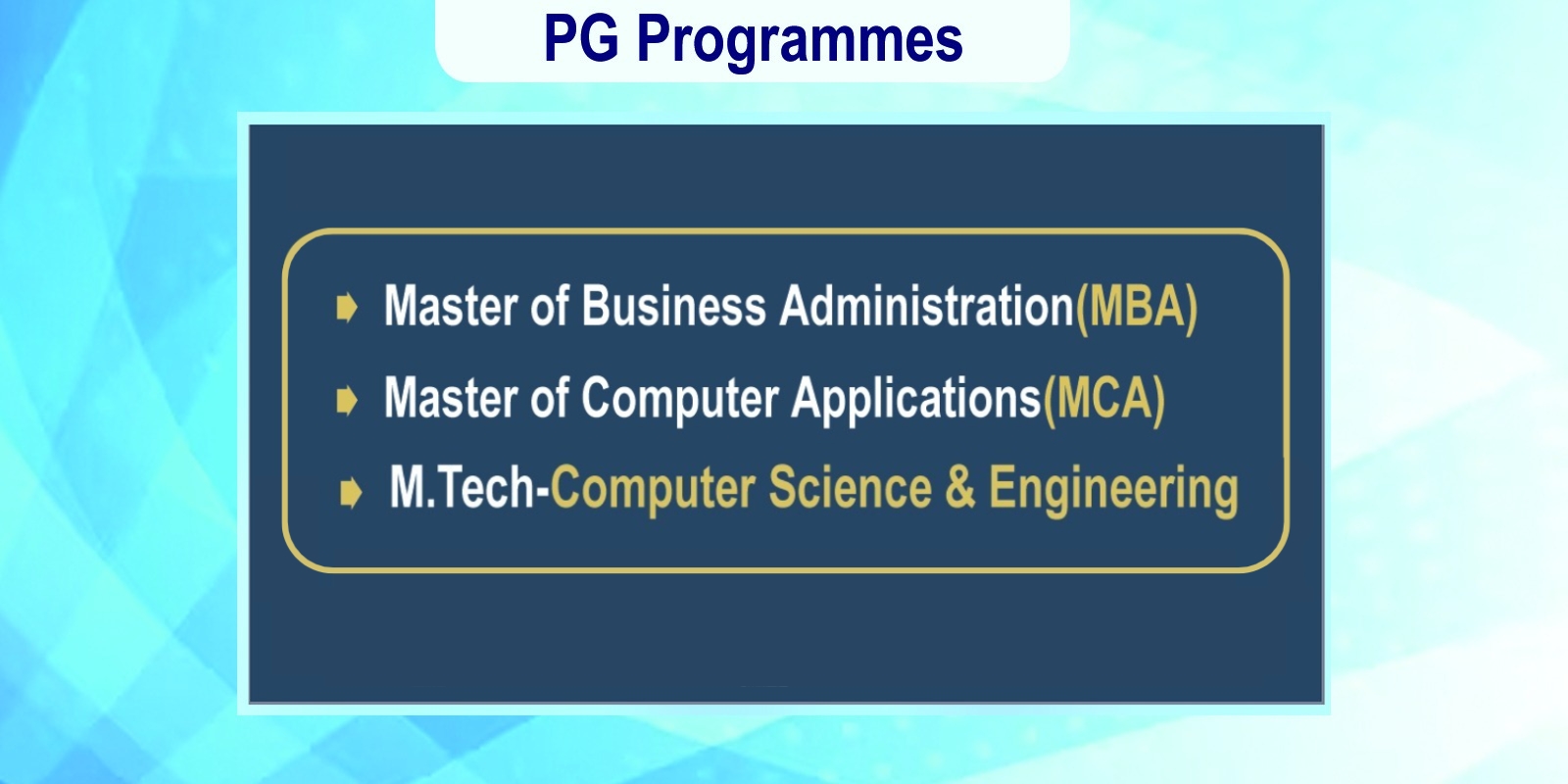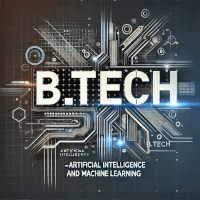- Home
- About Us
- Admission
- Academics
- Departments
- Campus Life
- Central Library
- Infrastructure / Facilities
EAPCET CODE- NARN
PGECET CODE- NARN1
- Home
- About Us
- Admission
- Academics
- Departments
- Campus Life
- Central Library
- Infrastructure / Facilities
- https://narayanagroup.co.in/studentonlinereservation/Reservation
- IPR
- Stakeholders

COURSES OFFERED

- YouTube

